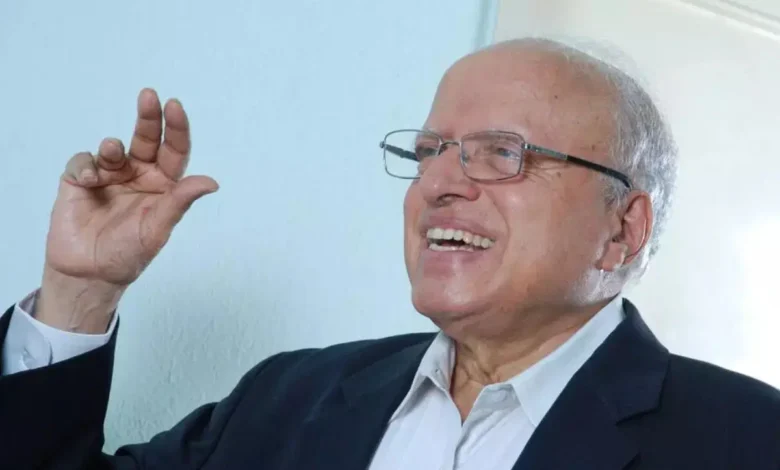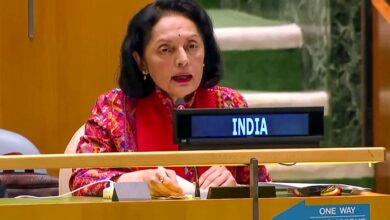India’s Green Revolution champion, M S Swaminathan, dies at 98 in Chennai
Dr. Swaminathan played an integral role in transforming India from a food-deficient nation to one of the world's leading agricultural countries.

On Thursday, India lost a gem when Dr. MS Swaminathan, a prominent plant geneticist and the Father of the Indian Green Revolution, passed away at the age of 98. Born in Kumbakonam, and renowned for his extensive contributions to the nation’s agrarian progress, Dr. Swaminathan played an integral role in transforming India from a food-deficient nation to one of the world’s leading agricultural countries.
Dr. Swaminathan’s Early Life and Influences
Dr. M S Swaminathan held his native roots dear to his heart. After earning his bachelor’s degree in agricultural sciences from the Madras Agricultural College, he aimed even higher, eventually earning his Ph.D. in genetics and plant breeding from none other than the prestigious University of Cambridge, England. A life-changing event that greatly steered his career path was the horrific Bengal famine in 1943, which led to the untimely demise of lakhs of individuals. This event deeply influenced Dr. Swaminathan, prompting him to dedicate his life to agricultural research.
Green Revolution and Recognition
Dr. Swaminathan’s crowning achievement lies in the Green Revolution that he championed in 1965, in conjunction with the Central Government. This initiative gave our country a drastic boost in the agricultural sector. So profound was his influence that TIME magazine named him among the twenty most influential Asians of the 20th century, placing him alongside distinguished Indians like Mahatma Gandhi and Rabindranath Tagore.
“Swaminathan has been acclaimed by TIME magazine as one of the twenty most influential Asians of the 20th century and one of the only three from India, the other two being Mahatma Gandhi and Rabindranath Tagore.”
Positions and Awards
Over the course of his unparalleled career, Dr. Swaminathan held several prestigious roles including Director of the Indian Agricultural Research Institute and the Director General of the Indian Council of Agricultural Research. His other achievements include:
- Ramon Magsaysay Award for Community Leadership (1971)
- Albert Einstein World Science Award (1986)
- First World Food Prize (1987)
- UNEP Sasakawa Prize for Environment
- Lal Bahadur Shastri National Award (2007).
In addition, he was honored with prestigious Indian recognitions like the Padma Shri in 1967, the Padma Bhushan in 1972, and the Padma Vibhushan in 1989.
With his passing, India mourns the loss of a monumental icon whose work has indelibly shaped our nation’s agrarian history.
Please, also have a look into : Chennai cabbie receives shock of his life after receiving Rs 9,000 crore in his bank account



